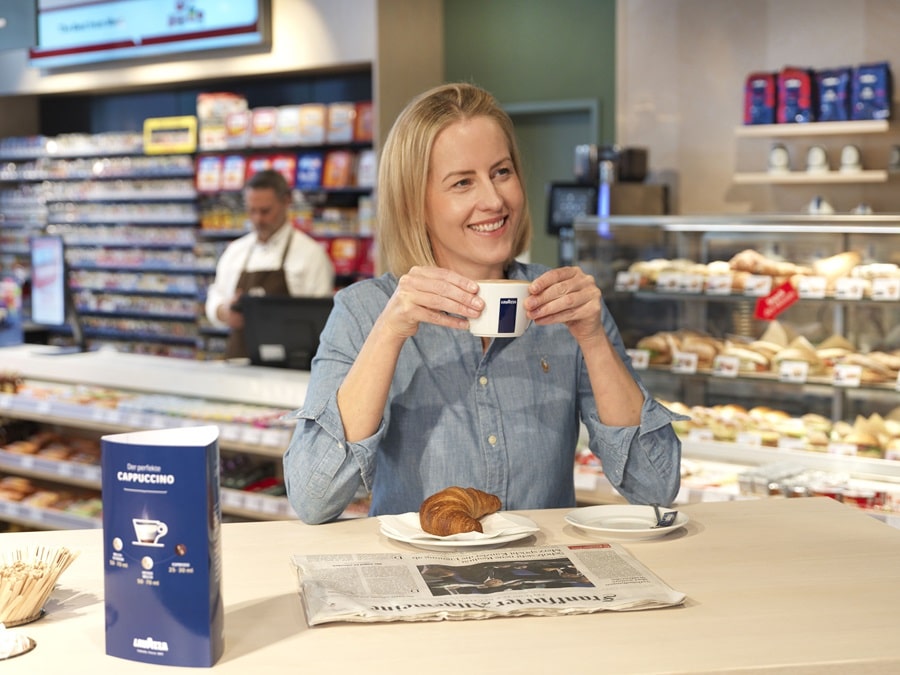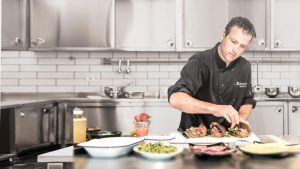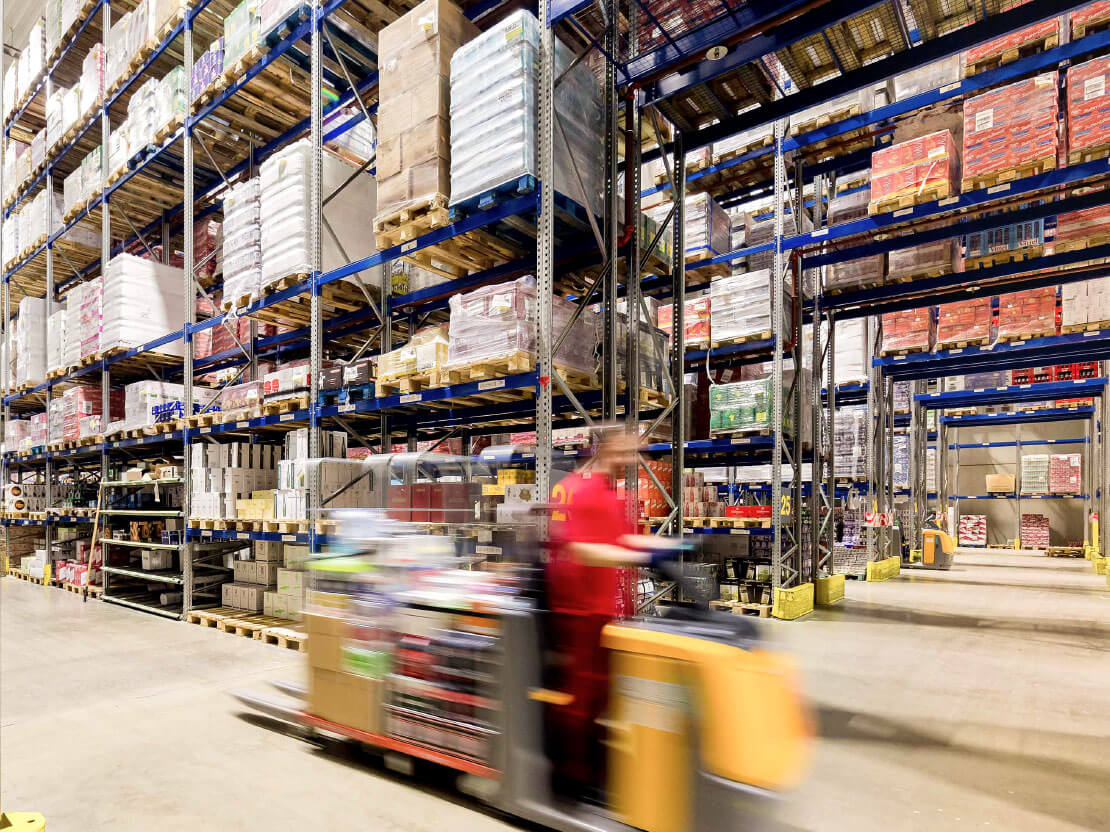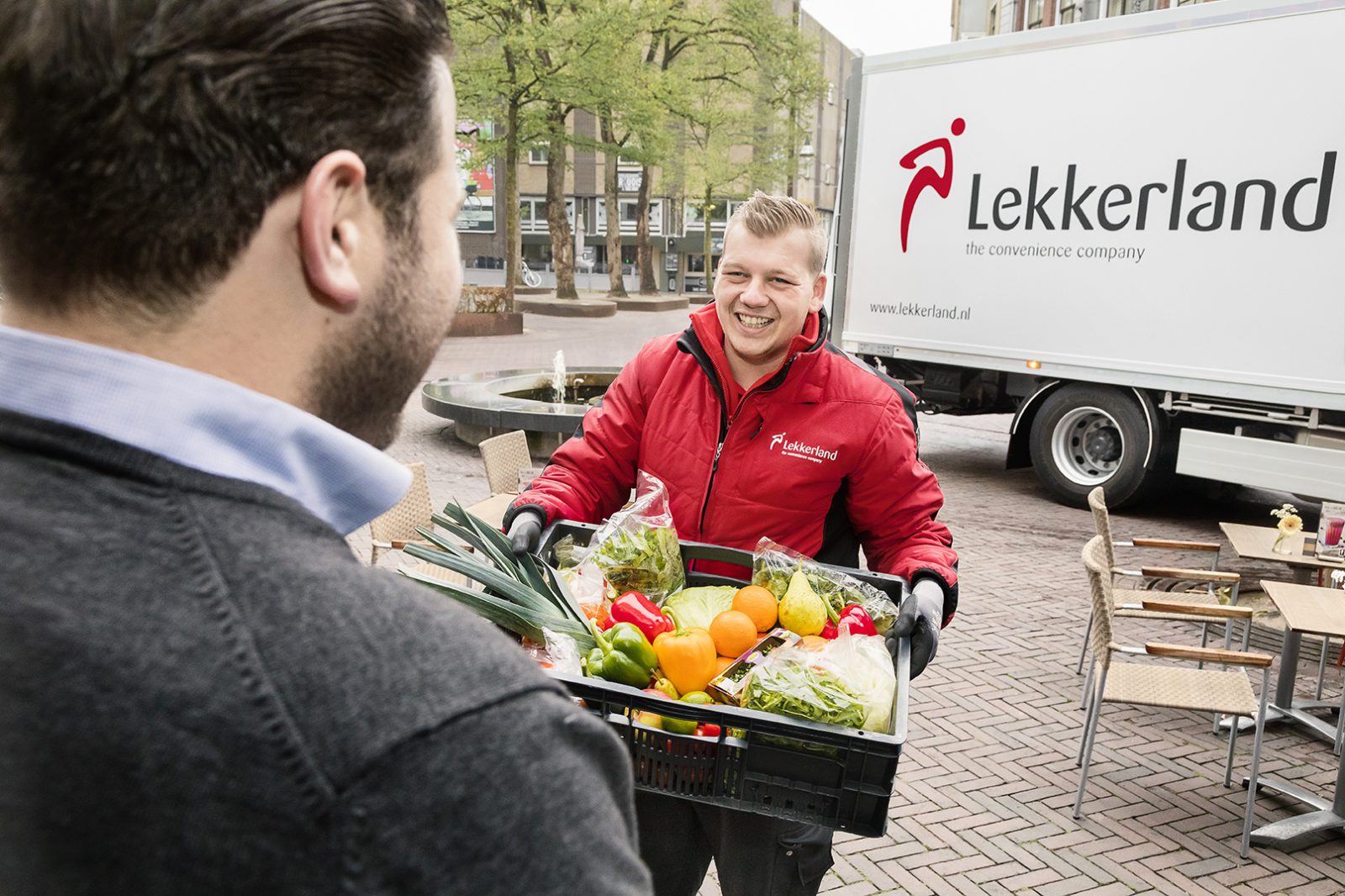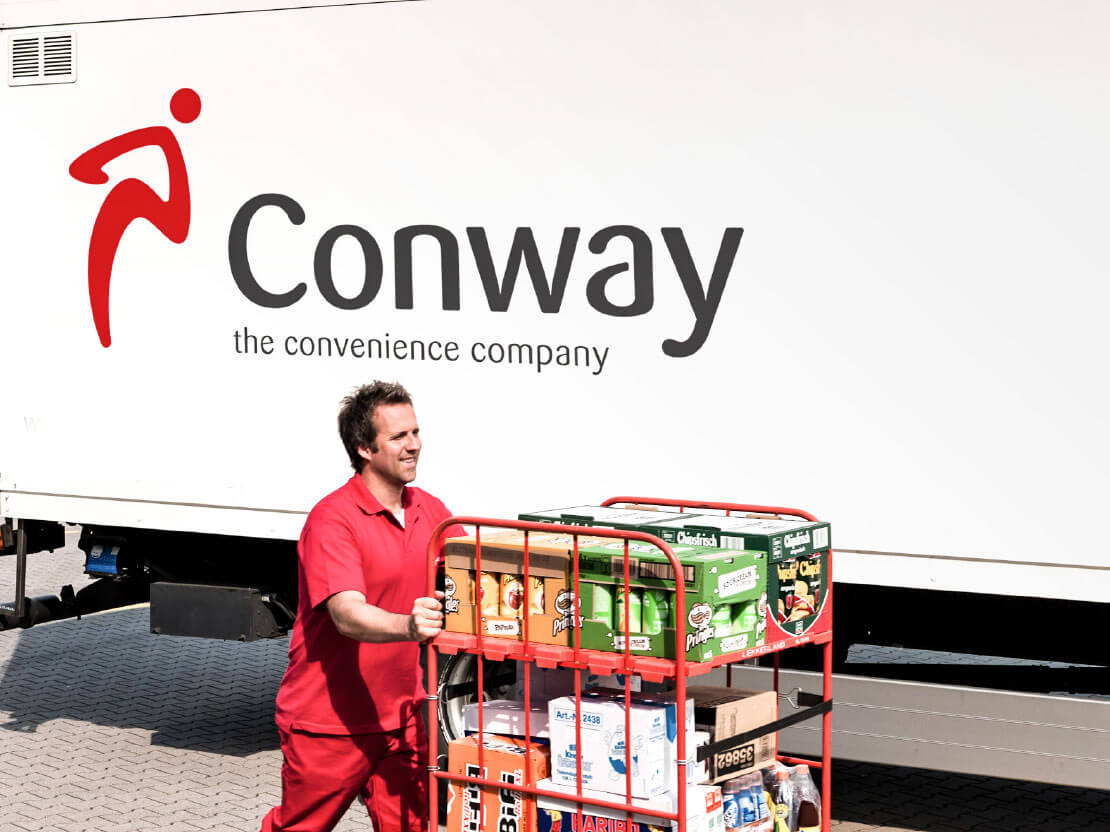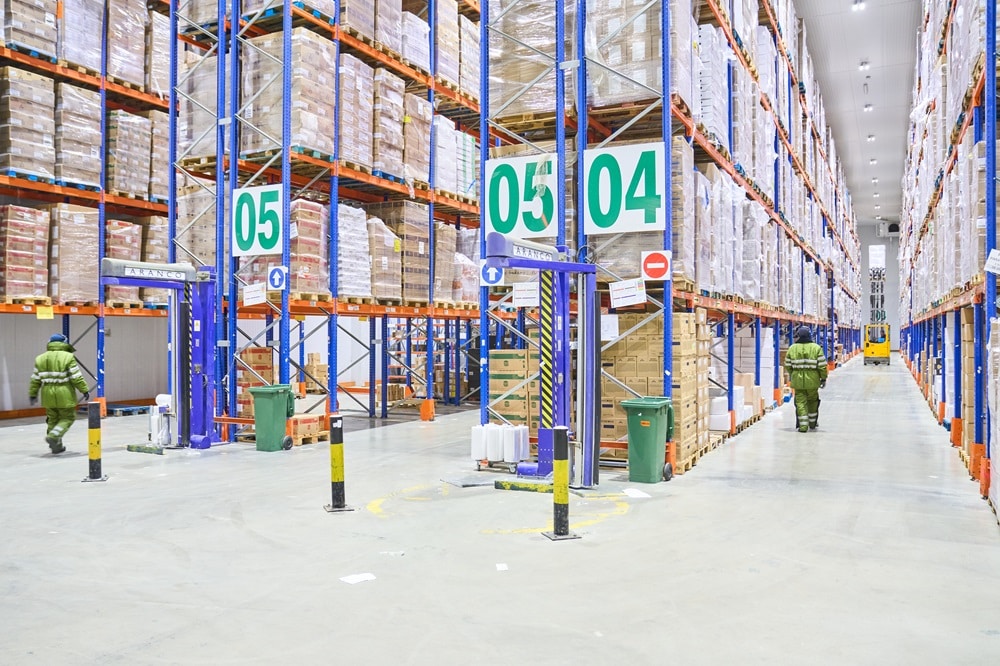We drive growth and transformation in on-the-go consumption.
On-the-go consumption is growing because coffee to go and takeaway snacks are part of everyday life for many people. At the same time, on-the-go consumption is changing – partly as a result of the mobility revolution, the increasing demand for automated, 24/7 shopping options and the growing importance of climate and environmentally friendly solutions.
Lekkerland is driving both these changes: growth and transformation. We are a subsidiary of the REWE Group, one of the leading retail and tourism corporate groups in Europe. We have specialised in on-the-go consumption for more than 60 years. Our customers include petrol station shops, kiosks, convenience stores, charging parks and quick service restaurants.
With more than 5,700 employees across Europe, we are shaping this segment – today and in the future.
